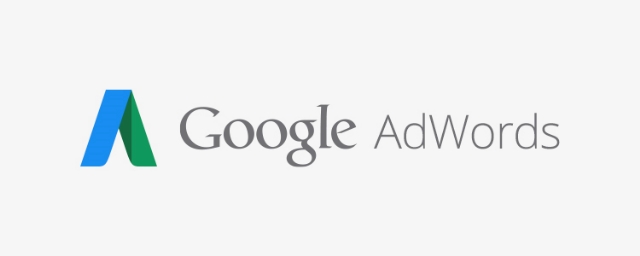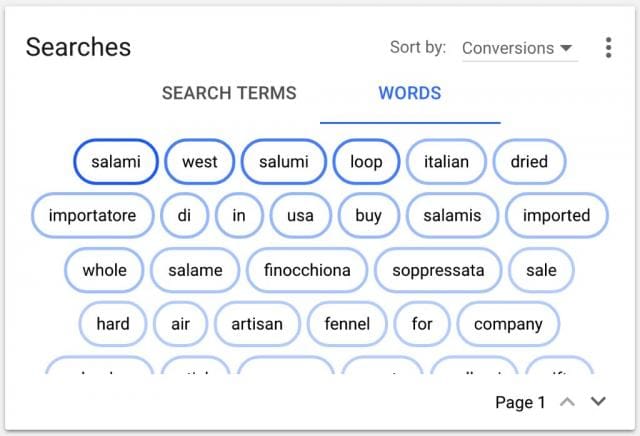Microsoft Advertising announced this week that it will soon start including broad match ad targeting for campaigns using phrase matching.
The change will occur “mid-May” and is aimed to “simplify keywords and improve your relevancy when reaching customers,” according to the announcement.
Notably, this means the ad service is keeping in line with Google Ads, who made a similar change in February.
“So… What Does This Mean For My Ads?”
Essentially, this update means that your ads which are being matched with queries for phrases matching your targeted keyword will also be shown for searches related to the meaning of your keyword.
For example, Microsoft Advertising says the new system would match a search for “winter vacation in Miami” to the targeted keyword “Miami vacation.”
The company also says it will respect the word order of your keyword “when it’s important – for example, it won’t match ‘milk chocolate’ to the keyword ‘chocolate milk.”
Broad Match Modified Keywords To No Longer Be Offered
With this adjustment, Microsoft Advertising says it will be removing the option to create new broad match modified keywords beginning in August of this year. Existing broad match modified keywords will be treated the same as phrase match keywords.
With this in mind, there is no need to change over your existing campaigns or keywords.
Planning For This Change
While there is no action for you to take immediately, there are a few things to keep in mind as the update rolls out.
With the more broad matching included in phrase match campaigns, it will be important to monitor what searches are connecting with your keywords. This more broad approach could lead to potentially irrelevant queries showing your ads.
On the upside, this change means it should be easier for advertisers to manage their campaigns, especially if they are advertising on both Google Ads and Microsoft Advertising.





